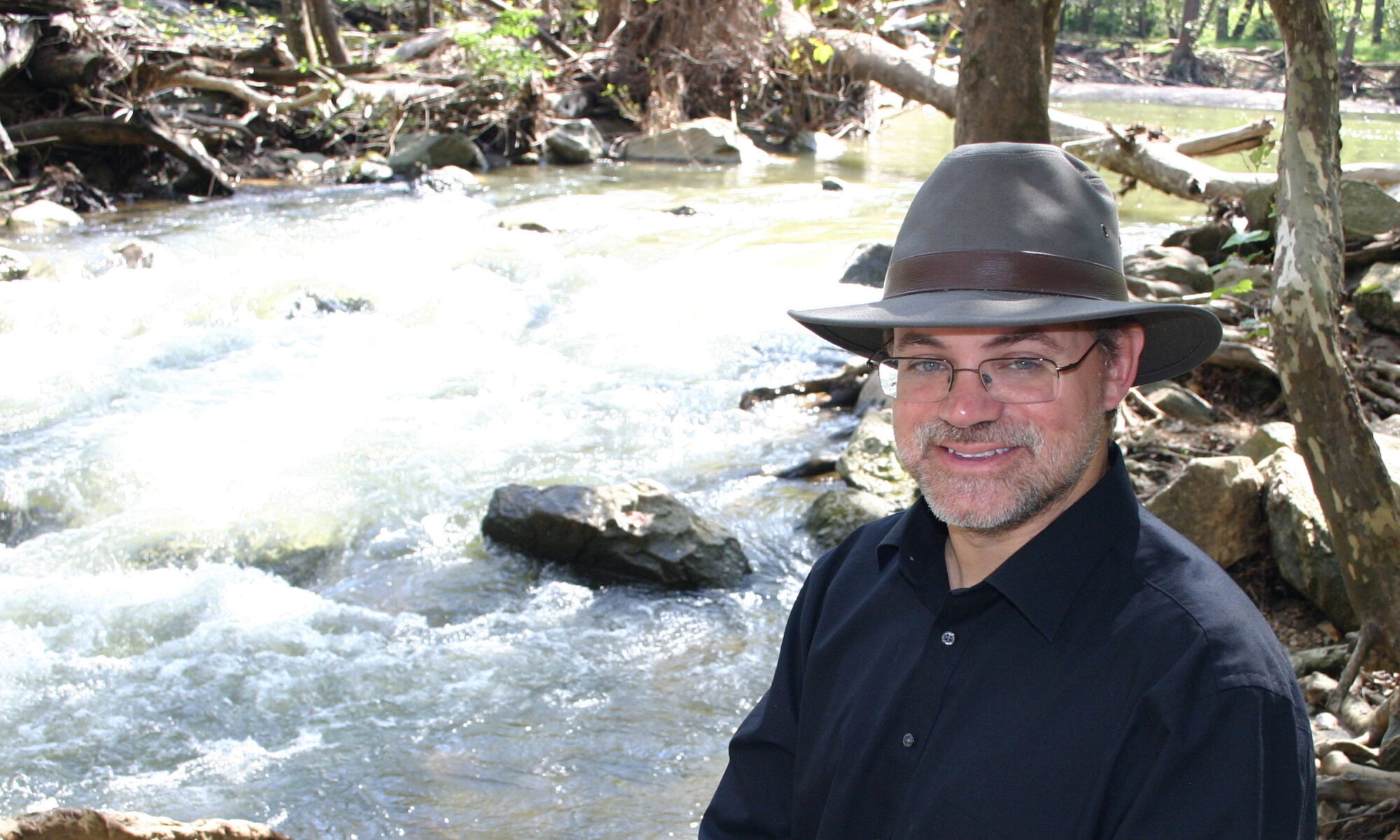The text: Psalm 139 – NRSV
So today, on this Monday and St. Patrick’s Day, we are dealing with a titan. Psalm 139 is well known and loved for many reasons, but perhaps among them are the astonishing claims it makes about the incredibly personal nature of our relationship with God. There is so much to be said, and we can only begin here. The psalm is hard to classify, as it has elements of trust, wisdom, praise, and toward the end, anger. To me, the psalmist is deeply faithful yet deeply troubled, perhaps by those people mentioned v. 19-24, and perhaps even more because of the psalmist’s awareness of how close this relationship with God is.
To begin, we cannot hide any part of ourselves from God. This God who knew all about us before we existed sees us more clearly and transparently than we will ever see ourselves. Here’s the problem: we put on masks and hide behind them all the time. We set up all manner of psychological defenses. We lie to ourselves about ourselves continuously. We are so accustomed to our masks and lies that even the slightest thought of full exposure is terrifying. Then our fear response kicks in, our higher brain shuts down, and it all becomes that much worse. As Paul says, I find it to be a law that, when I want to do what is good, evil lies close at hand. For I delight in the law of God in my inmost self, but I see in my members another law at war with the law of my mind, making me captive to the law of sin that dwells in my members. Wretched person that I am! Who will rescue me from this body of death? Exactly. You see now why the poor psalmist is conflicted? And we haven’t even considered all the things about ourselves that are completely unknown to us (but known to God)! So the horrifying problem and the profoundly good news of this psalm is that in our relationship with God, full exposure is our continuous state.
Many years ago a light bulb flashed in my mind while reading about the practice of continual prayer, the idea that all of life can be considered one unbroken prayer. This prayer is rarely verbal, but instead an awareness that in everything we do, God is right there beside us, doing it with us. To me, it is inescapable that this is precisely the kind of relationship that Psalm 139 asserts, at least from God’s side! What if the “where can I go” language in v. 7-12 is less about a physical journey and more of a mental, emotional, or spiritual journey? If so, if we take this psalm seriously, what are the consequences for our prayer lives? Perhaps one answer is that when we pray, we don’t need to tell God things that God already knows (which is basically everything about us). We may need to spend more time listening to God reveal to us things about ourselves that we don’t know! Here’s another problem, and I suspect the psalmist knew it all too well: if through our relationship with God we learn more about ourselves, then there is a 100% chance that this knowledge will cause us to change. The psalmist really wanted to hate those people and have God kill them. But just like Jonah was very concerned that God might have mercy on those Ninevites, I bet the psalmist was very concerned that God had other ideas. Why else would the psalm end with the questions in v. 23-24? This is the inherent risk and joy of sanctification, the journey of faith. We can always be better. There is always a next step.
Oh, what a beautiful and dangerous psalm this is!
Curious about this series of posts? Read the initial post.
Want to catch up on any you missed? See them all by clicking on ‘Lenten Psalms” below.
